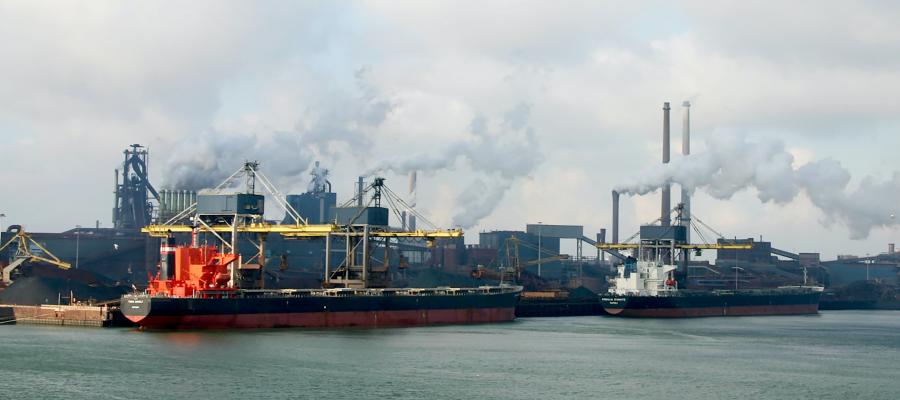Are We All to Blame?
Nov 15, 2020It’s easy to identify the pressing issues facing our world today, but it’s much more difficult to assign responsibility for them.

Who’s to blame for big problems like racism, factory farming, or climate change? Isn’t it time we held governments and corporations accountable? Or would that just let individuals off the hook? This week on Philosophy Talk, we’re talking about collective responsibility.
If you’re reading this, then in a way, climate change is partly your fault. You’re using electricity, and you probably get around using fossil fuels. That little bit of energy use might not make the difference between healthy ecosystems and environmental destruction, but everybody’s contribution together adds up to a big problem.
On the other hand, doesn’t blaming you for climate change give you too much responsibility? Presumably, you don’t personally control how the electricity grid is set up, or the highway system, or the airline industry. So how can you be to blame for things you didn’t personally do? It seems like we should be blaming large, powerful groups, like governments and corporations, instead.
You might worry that, although it’s fine to blame individuals, it’s inappropriate blame groups, which are nothing over and above the individuals that make them up. Then again, lots of groups make decisions: congress passes laws, corporations make policies, courts issue verdicts. If the group makes a bad decision at a time when it should have known better, then we can and should hold it responsible.
But this doesn’t justify blaming all groups that cause harm. Meat-eaters, frequent flyers, purchasers of unnecessary gadgets—these are groups that contribute to the degradation of the environment (not to mention commercialism and factory farming), but they don’t have a collective decision-making process or an official group point of view, so they can’t be held responsible for anything as a group, which is not to say we can't still blame them as individuals. So, the most we can say is that some groups are responsible for some of our social ills.
Once we’ve decided to blame a group, there’s still the question of which individuals to hold responsible. The CEO of Amazon bears more responsibility for the company’s misdeeds than a low-level worker, and the president of a country that starts a war bears more responsibility than a civilian who merely voted for that president. But where exactly do we draw the line between innocence and complicity?
For example, what do we say about Germans in the 1930s who risked their lives to rescue Jews from the Nazis, or American abolitionists in the 1800s who spoke out against slavery? Those people put a lot of effort into stopping their societies from committing atrocities, but that didn’t always stop them from benefiting from the atrocities; for example a white abolitionist would still have had access to cheap goods created by slave labor.
Even while we try to do better, I think that most of us are at least a little bit to blame for the world’s problems. This doesn’t mean that we should be punished, but we all have a responsibility to make things better, and to help those who are the worst off. I’m excited to talk with Marion Smiley from Brandeis University about these issues, and to figure out where our responsibilities lie.
Photo by Ilse Orsel on Unsplash